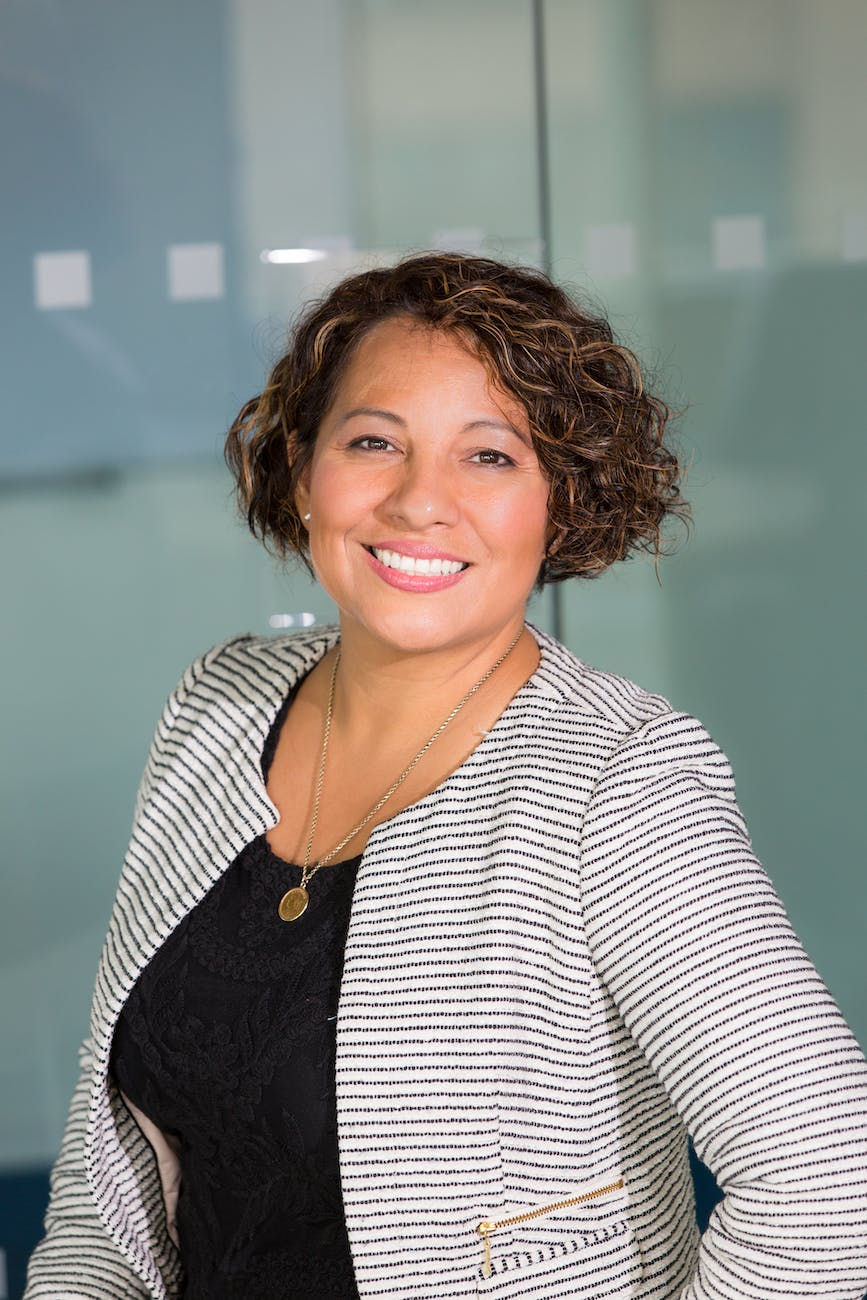The prophetess: Wife of Prophet Isaiah
- Mary Agronah

- May 11, 2023
- 3 min read
The scriptures are very specific when it comes to the titles of the women who were in the Bible. For example, Rahab was referred to as the prostitute because of her past life in Jericho. Ruth was referred to as a Moabite because she was from Moab. We shall consider the wife of Isaiah in this post. As we saw in the previous post, Isaiah had a profound ministry of both local and international perspective. His focus was to bring the people back to God. He spoke in plain words and he also used signs and symbols to make known the mind of God. Throughout the messages of Isaiah, we see that God is just and yet merciful. We see God's heart for His people and how He goes all out to bring the sinner back to Him. Isaiah's prophetic ministry made him a voice to the kings of his time. His wife might have been an active part of his ministry.
Then I made love to the prophetess, and she conceived and gave birth to a son. And the Lord said to me, “Name him Maher-Shalal-Hash-Baz. (Isaiah 8:3)
Who was the wife of Isaiah? The name of Isaiah's wife was not given in the scriptures. But, her title was given, she was a prophetess. In Isaiah 8:1, the Lord said to Isaiah, “Take a large scroll and write on it with an ordinary pen: Maher-Shalal-Hash-Baz.” The name Maher-Shalal-Hash-Baz means "quick to the plunder" or "swift to the spoil". In Isaiah 8:3, Isaiah says this: "Then I made love to the prophetess, and she conceived and gave birth to a son. And the Lord said to me, “Name him Maher-Shalal-Hash-Baz." Thus, Isaiah and his wife were in the same prophetic ministry. Prophetess Mrs. Isaiah was operating in her calling. She was a wife to a national prophet and that did not overshadow her ministry. Her ministry was active and her husband referred to her by her ministry. It is possible that the wife of Isaiah also birthed their son Shear-Jashub. In Isaiah 7:3, the Lord said to Isaiah, “Go out, you and your son Shear-Jashub, to meet Ahaz at the end of the aqueduct of the Upper Pool, on the road to the Launderer’s Field. Shear-Jashub means a remnant will return. The names of the children of the prophetess are all symbolic to the revelations God was giving about Israel.
The wife of Isaiah did not live a rosy life because she was married to a prophet. Imagine the fact that her husband was unashamedly to criticize the kings of her day, she would have lived with constant criticism from the people who refused to listen to Isaiah's prophetic words. The prophetess was also unashamed to give prophetic names to her children. She knew that even though a name like Maher-Shalal-Hash-Baz might call for attention, she understood their ministry. She was not ashamed to be married to a man of God and she supported his ministry with her own ministry. Her daily life must have reflected her calling. When you identify the call of God in your life, you don't need a special ordination and anointing ceremony to propel you into your ministry. Like Isaiah, when you hear the voice of the Lord saying, “Whom shall I send? And who will go for us?” You will joyfully reply, “Here am I. Send me!” (Isaiah 6:8).
When we understand that our whole lives are dedicated to God, we will not shy away from the call of God in our lives. No wonder Isaiah says, "Here am I, and the children the Lord has given me. We are signs and symbols in Israel from the Lord Almighty, who dwells on Mount Zion." (Isaiah 8:18).
Isaiah's prophetic ministry influenced the people of his day and he gave vivid prophecies about the Messiah. Isaiah's wife was a daily testimony of their call. The prophetess cared for the prophet and together, they birthed children who were signs of God's presence. Remember, when God calls the husband, He doesn't leave the wife behind and vice versa. Each person must be ready to go through the school of Jesus in order to be a confident and unwavering ministry partner. Don't say, "it is his or her calling" both of you have been called. Even if you are not at the forefront, you're definitely at the backstage supporting spiritually, emotionally or physically.



Comments